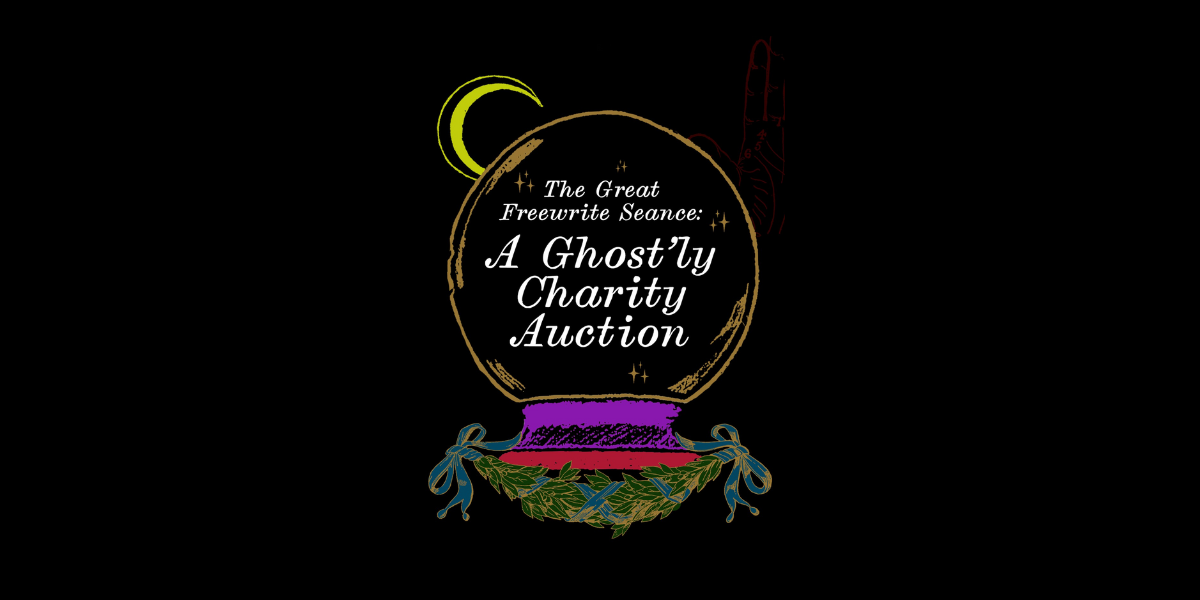It’s Christmas 1956 in New York City. A struggling writer, juggling jobs to make ends meet, receives an incredible gift from her friends: a year’s salary, enabling this writer to quit work and dedicate herself to writing full-time for an entire year.
That writer was Harper Lee and the novel she wrote was To Kill a Mockingbird.
If Lee hadn’t been gifted that money, one of the most important books of the 20th century may have never existed. If this story doesn’t prove the importance of arts funding, nothing will.

Let’s Talk about Arts Funding
Funding is something many aspiring authors daydream about. And there’s no doubt that alleviating financial burdens widens access and allows writers from all different kinds of backgrounds to be more creative and productive.
But stories like Harper Lee’s are as rare and elusive as the perfect first draft.
Bursaries, grants, and other opportunities do exist for writers. But what is the state of modern-day funding fairy tales for the next generation of authors?
The State of Arts Funding Worldwide
In many countries, there’s been a decades-long fight for well-funded arts and culture. Despite the enormous benefits it has on economic growth, diversity, social mobility, education, and well-being, arts funding is always first on the chopping block when governments need to tighten their belts.
In the U.S., Ron DeSantis stripped more than $32 million in arts and culture funding from Florida’s budget earlier this year. In Canada, the Quebec government has cut $1 million from the budget for the Conseil des arts et des lettres du Québec (CALQ), despite calls from artists that a further $100 million is needed to maintain the creative ecosystem.
Across the pond, writers and creatives in the UK face similar challenges. Culture spending in the UK is among the lowest in Europe and overall arts funding has been cut by 16% in real terms since 2017.
This got me thinking: which countries do fund the arts well?
The Best Places to Be a Writer
1. NORWAY
When you see the beautiful scenery in Norway, it’s easy to understand why the country produces so many writers and poets.
Writers in Norway have a multitude of different funding opportunities available through organizations like the Norwegian Arts Council. This body offers working grants of up to 5 years for writers and artists across different disciplines. Many artists in Norway are entirely supported by public money.
The Nordic Artists’ Center also offers a wide range of residencies at its hub in Dale. Residents receive monthly stipends, individual studios, and separate living spaces all located on-site at NKD.
2. IRELAND
Ireland is famous for its storytelling culture. And the Irish government prioritizes nurturing talent. The Arts Council of Ireland provides a variety of bursaries for writers including the Next Generation Artists’ Award, which provides a stipend of up to €25,000.
Head of Literature at Arts Council Ireland, Sarah Bannan, told The Guardian, “We put a huge amount of emphasis on our bursary awards. The budget for that is close to €2 million – and that’s just money that’s going straight to individual writers so that they can take time out to work on their projects.”
Ireland also has a tax exemption on artists’ income up to €50,000 and launched a Basic Income for the Arts (BIA) pilot scheme in 2022, granting €325 per week to 2,000 artists.
3. GERMANY
Germany also provides writers with various grants and literary funding programs. The German Literature Fund offers over 400 funding and financing programs, including the Working Scholarship for Authors, which includes a stipend of €3,000 per month. The Kulturstiftung des Bundes (Federal Cultural Foundation) also offers various grants, and several states have their own literary funding programs.
International writers can also apply for stipends and accommodation for prestigious residences with organizations like DAAD Artists-in-Berlin Program and Villa Aurora.
4. SWEDEN
In Sweden, the Swedish Arts Grants Committee paves the way with project-specific grants and long-term working grants lasting up to several years. The latter provides artists of all disciplines, including writers, with a stable income.
The Swedish Arts Council has a keen interest in bringing Swedish literature to broader audiences around the world. Which is why they offer generous grants for the translation of Swedish books into other languages.
A stay at the Baltic Centre for Writers and Translators, based in the picturesque medieval city of Visby, is covered by a residency grant.
--
Even in countries where funding for writers is more abundant, there is more work to be done to provide fair opportunities for writers across backgrounds and income levels.
And no matter where you may be, write on. Just keep writing to carry on the good fight to save the arts.






























